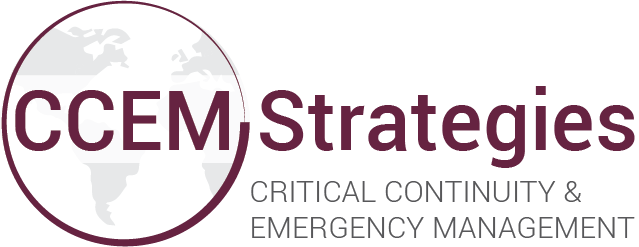Transportation is considered critical infrastructure for communities and their economies. The supply chain - how goods and services are transported along routes and channels - is like the main artery of a community. But when a disaster strikes and compromises transportation infrastructure, how can communities and businesses minimize the impacts?
PREPARING COASTAL BUSINESSES FOR THE BIG 3 — #1 TSUNAMI’S
Coastal towns are a popular tourist destination due to the picture-perfect views and stunning fiery sunsets over the ocean. Poseidon, the great Olympian god of the sea, rivers, floods and earthquakes, highlights the need to be prepared. After all, there are certain consequences faced when operating a business within the vicinity of such beauty and you never know when the earth may start to shake or the water and waves will rise. A disaster as tragic as any Greek myth may happen at any time – are you ready to combat the great Poseidon when the time comes?
HOW WILL YOUR ORGANIZATION GET FROM A TO B WHEN A LARGE-SCALE EVENT OCCURS?
In December 2015, the US Geological Survey measured a 4.8 magnitude earthquake that hit Vancouver Island and the Lower Mainland. As a result of the earthquake, two of Metro Vancouver’s transit lines were shut down for 90 minutes. This recent shake, which caused no damage, is a reminder that organizations must be prepared when the unexpected occurs. When an incident cripples transportation routes, how will your personnel or key supplies get from A to B?




